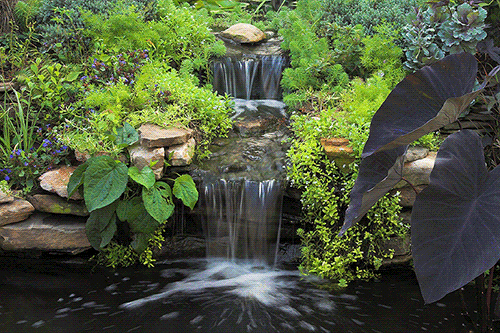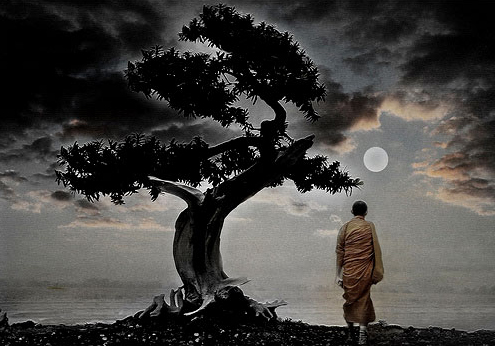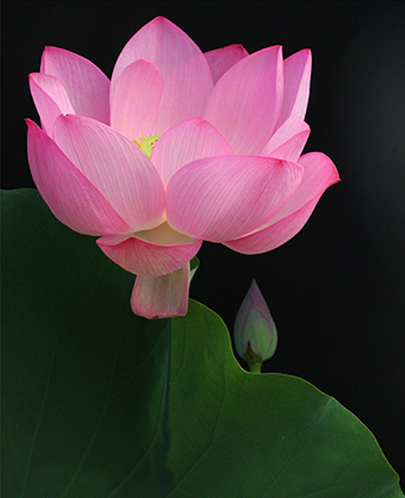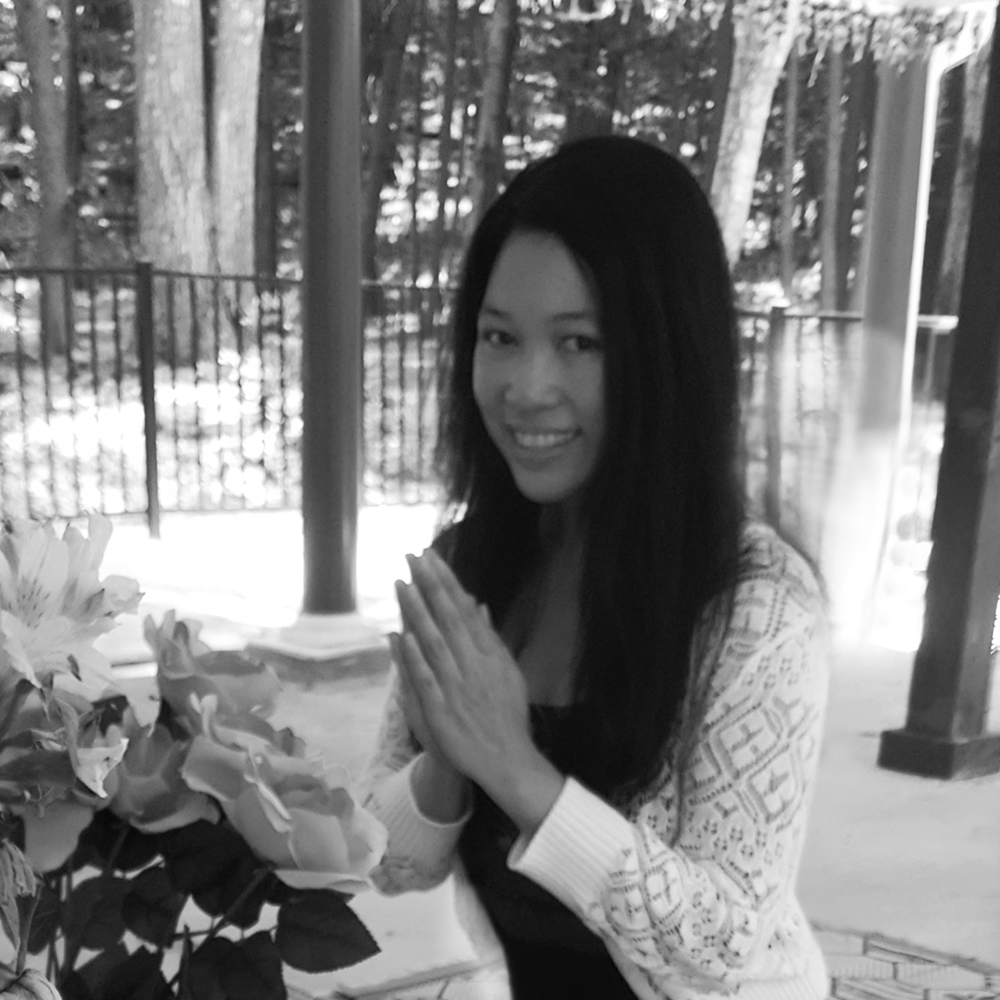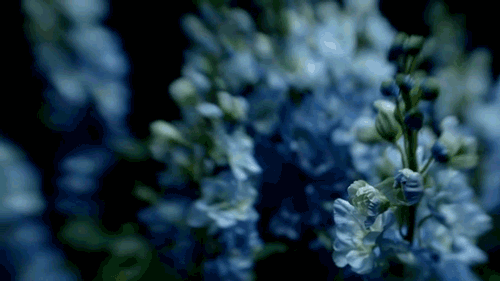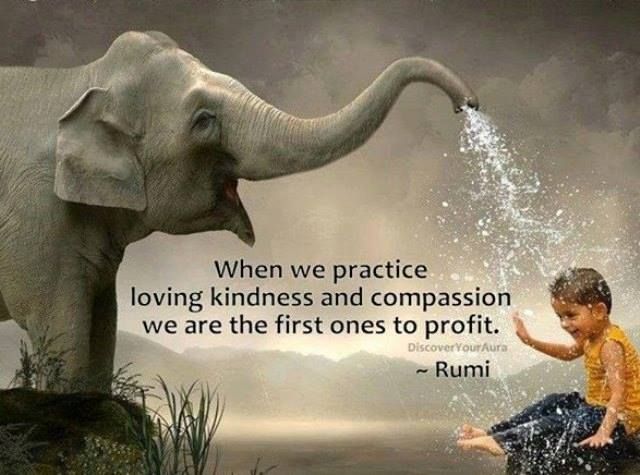-
Comment August 19, 2016
-
We are sometimes too sensitive toward minor things
Comment August 16, 2016So from the Buddhist viewpoint, in our daily life we are sometimes too sensitive toward minor things. At the same time, toward other major problems that can create long-term consequences, we are not so sensitive. Because of this, we find in the scriptures that ordinary people like ourselves are described as childlike or childish. In fact, the term ‘jhipa’ (Tib. ‘byis pa’), or childish, is used in different ways: sometimes it is used in terms of age, which is the conventional usage; sometimes it is used for ordinary sentient beings, as opposed to the Arya beings, the superior beings. Then sometimes it is used to described people who are concerned only with affairs of this life and have no interest or regard for the affairs of their future life, or life after death. So, the tendency of our childish nature is to take small things too seriously and get easily offended, whereas when we are confronted with situations which have long-term consequences, we tend to take things less seriously. ~Dalai Lama
-
Your inner peace
Comment August 14, 2016 -
When you are real…
Comment August 14, 2016When you sit in a café, with a lot of music in the background and a lot of projects in your head, you’re not really drinking your coffee or your tea. You’re drinking your projects, you’re drinking your worries. You are not real, and the coffee is not real either. Your coffee can only reveal itself to you as a reality when you go back to your self and produce your true presence, freeing yourself from the past, the future, and from your worries. When you are real, the tea also becomes real and the encounter between you and the tea is real. This is genuine tea drinking. ~Thich Nhat Hanh
-
Ego and Desire
Comment August 13, 2016The feeling of a separate “I”, which we call ego-consciousness, is directly related to the strength of ignorance, greed, and hatred. The deepest meaning of ignorance is the believing in, identifying with and clinging to the ego, which as we have seen, is nothing but an illusive mental phenomenon. But because of this strong clinging to ego-consciousness, attachment/desire, anger/hatred arise and repeatedly gain strength.
The ego needs activity in order to exist. Like and dislike, attachment, aversion, greed and hatred are the main overt activities of the ego. The more desire and aversion we have the more alive we feel, the more real and concrete the ego seems. In reality, the ego depends on desire, its life-blood is desire. The ego and desire are like the two sides of a coin — one cannot exist without the other. The ego is projected desire, and desire is projected ego. It is like pedalling a bicycle: if we go on pedalling, the bicycle goes on moving; but if we stop pedalling the bicycle will start slowing down and eventually collapse. The more we go on generating desire the ego seems very real. When desiring stops the ego then appears as an illusion.
Source: www.maithri.com -
Fulfillment and Happiness
2 August 13, 2016 -
Water the positive seeds every day
6 August 13, 2016 -
True Wealth
Comment August 7, 2016Are we willing to accept that having more wealth – no matter how someone acquires it – is a sign of being more advanced? Surely there are other measures we could use to determine if we have enough, besides comparing ourselves to those who happen to have amassed more money and things than we have. If the measure of success is having more than the people around us, then that is a recipe for failure.
Comparing with others simply cannot bring happiness. Even if happiness did come from being the best or having the most, ultimately only one person in the world – the one with the most – could ever be truly happy or “successful.” Everyone else would be condemned to failure.
I think we have to be very careful not to confuse economic success with personal happiness. Just because we have a market economy does not mean we have to have a market society. We can find ways to relate to each other on different principles than business ones. We could define development in terms of how much we are able to increase bonds of friendship and closeness, and by how central we make community and mutual affection.
When I think of a society that creates happiness, I think of a society where compassion and love replace competition and greed as the emotional forces that bind us together. ~ 17th Karmapa
-
Technique to help in turning a selfish attitude around
Comment August 7, 2016With a selfish attitude, oneself is important, and others are not so important. According to Shantideva’s advice, a technique to help in turning this attitude around is to imagine- in front of yourself as an unbiased observer- your own selfish self on one side and a limited number of other beings on the other side- ten, fifty, or a hundred. On one side is your proud, selfish self, and on the other side is a group of poor, needy people. You are, in effect, in the middle- as an unbiased, third person. Now, judge. Is this one, single, selfish person more important? Or is the group of people more important? Think. Will you join this side or that side? Naturally, if you are a real human being, your heart will go with the group because the number is greater and they are more needy. The other one is just a single person, proud and stupid. Your feeling naturally goes with the group. By thinking in this way, selfishness gradually decreases,and respect of others grows. This is is the way to practice. ~Dalai Lama
-
Loving kindness and compassion
Comment August 7, 2016



